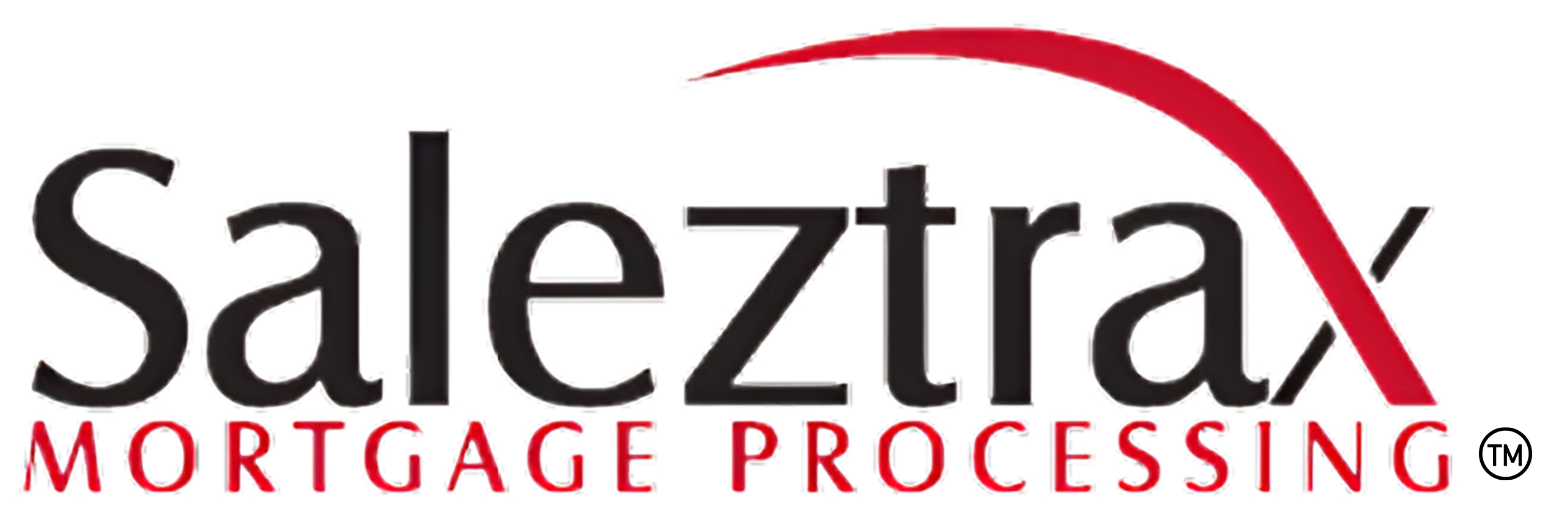4 Factors You Can Control That Affect Your Mortgage Interest Rate
For most of us, buying a home means obtaining a mortgage.
Original Source: readynest.com/
As with almost all types of loans, your mortgage will likely come with an interest rate. That rate plays a significant role in determining what your monthly mortgage payment will be, and therefore, how much home you can afford.

So, how are interest rates determined?
Not surprisingly, there are many factors that affect mortgage interest rates, some of which are not within your control – such as the country’s economic outlook. At a very high level, if the US economy is doing well and unemployment is low, mortgage rates likely will increase. The better the economy, the more people who are doing well and can afford to buy, so demand is high. On the flip side, if the economy is struggling and job growth is lower than expected, rates will likely decline in order to try to spur demand to borrow.
Another area beyond our control that may impact current mortgage interest rates is inflation. If inflation is on the rise, typically interest rates will follow suit.
There are more factors in the mix, including the bond market, actions by the Federal Reserve and others, however my father ingrained in me long ago the importance of “controlling what you can control,” so let’s move on to some factors we can do something about.
4 factors you can control that affect your interest rate
- Your credit score – The higher your credit score, the lower the risk you appear to lenders, which generally means you’ll be offered a lower interest rate than a person with a lower credit score. A lower credit score may not only mean a higher interest rate, but it could even make you ineligible for certain mortgages. If you are looking for ways to boost your credit score, check out this article: The best way to build up your credit score before buying a house.
- Down payment – A larger down payment means you have more “skin in the game” and so your loan is less risky in the eye of the lender. Of course, there is a tradeoff here as well. If you need to wait years to save for a large down payment, home prices could rise during that time, possibly canceling out what you may have saved on the interest rate. Plus, it’s hard to predict where mortgage rates and the economy may be when you finally feel ready to buy. (For more on this factor, read How to save for a house.)
- Debt-to-income ratio or DTI – How much debt you have, including the amount you are seeking to take on by buying a house, is another risk factor most lenders will consider. As you might suspect, the lower your DTI, the more likely you are to receive a lower interest rate. As with credit scores, a high DTI might not just mean a higher interest rate, but could make you ineligible for certain mortgages. To learn more about DTIs visit What is DTI, and why does it matter when applying for a mortgage loan?
- The loan itself – The type of loan you use to buy the home matters to the lender as well. The loan term (generally 15 years or 30 years) and whether you prefer a fixed rate or adjustable-rate mortgage may impact your interest rate. That’s because how long it will take to repay your loan or how long you have locked in today’s interest rate may impact how the lender can use money in the future. (See: Types of mortgages and home loans)
How points and lender credits impact your interest rate
It may not be a “risk characteristic,” per se, but another factor in your control is: are you willing to pay more at closing in order to lower your interest rate? Many lenders will offer homebuyers the option to pay “points” or “discount points” in return for a lower mortgage interest rate. The lower interest rate can of course reduce your monthly mortgage obligation, however the trade-off here is you’ll owe more at closing which could impact your down payment or leave less in savings for unexpected expenses.
One more word on interest rates
My advice? Do what you can to help yourself get a lower mortgage interest rate, but first and foremost, make sure you’re working with a lender and loan officer that you trust. After all, the purchase of a home will be one of the largest purchases you’ll ever make.
Subscribe to our blog and stay up to date about changes in the market that effect buyers. Or contact us to learn more about mortgage processing services.













